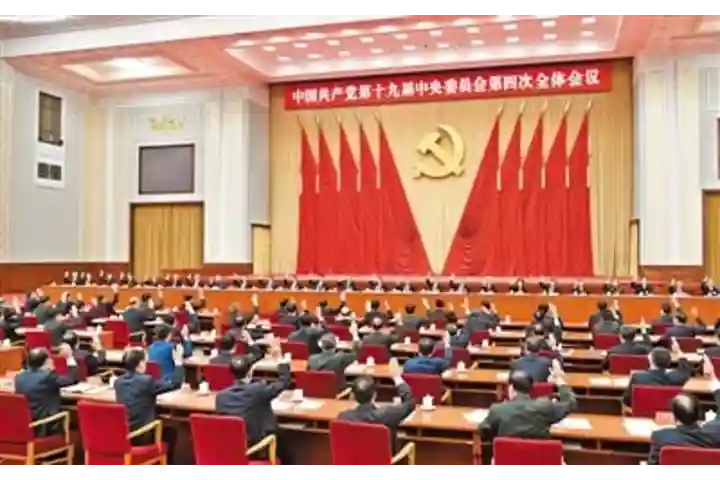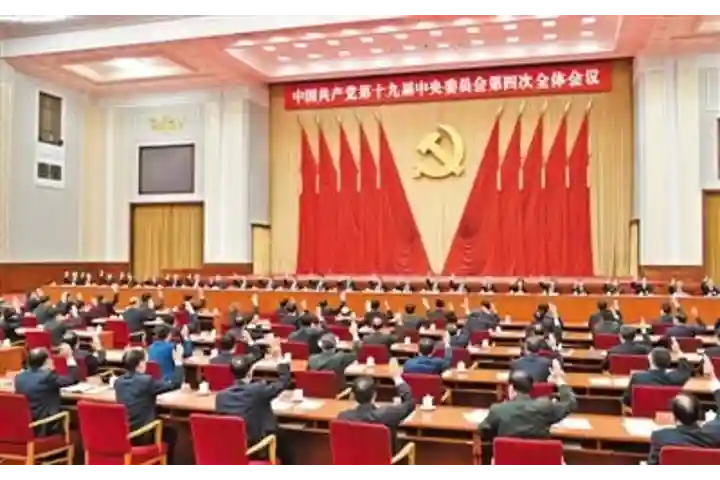Not all’s well in China. Amid a steady deterioration in the economic situation, the National Bureau of Statistics (NBS), which is the nodal authority for releasing official statistics, announced that it will halt publishing unemployment data from now on. Unsurprisingly, the announcement not only led to more speculation over the health of the country but has also unnerved investors. The move has dampened sentiments for the local Chinese too.
On an average about 10 million graduates enter China’s workforce every year.
The acute slowdown in the country’s economic growth with falling consumption has made it tough for Beijing to absorb the freshers in the workforce.
A battered real estate market, intensifying trade war with the US, drop in exports has dented China’s economic recovery in the aftermath of the Covid 19 pandemic. The overall crackdown on the private sector in 2021 have had an impact too.
Though the NBS said that it was reviewing the methodology of data collation, analysts said that the country will put its might in window dressing key data and information.
In June, the country’s unemployment rate for workers aged between 16 and 24 in the urban areas touched a record 21.3 per cent.
The increasing unemployment rate in China will have a far reaching impact on the economy as this will further hit consumption.
“Such knee jerk actions send wrong signals externally as well as internally. While for the rest of the world, this will lead to more scepticism, the Chinese living in China will be worried and this will lead to tightening in spendings,” an analyst, specialising in China told India Narrative on condition of anonymity.
China’s exports dropped to 14.5 per cent in July amid slowing demand from the West. China’s factory output too remained in the red for the fourth straight month in July. For July the manufacturing purchasing managers’ index (PMI) — a key measure of factory output — stood at 49.3. Though it is an improvement over 49 in June, it reflects a contraction. Any reading below 50 is considered contraction.
After the fall of real estate behemoth Evergrande Group in 2021, the recent fall of another property giant Country Garden has signalled deep-rooted problems in the economy.
China’s once booming real estate sector, accounting for about 30 per cent of the GDP, has been a key driver of economic growth but its gradual collapse is becoming a challenge. This has also led to rise in non performing assets in the banking system while reflecting the problems arising from shadow banking.
China has already been hit by the ‘Lying Flat’ phenomenon. “The Chinese millennials are simply ‘lying flat’. They don’t want to engage blue collar jobs like the earlier generation. They are not interested in buying houses, or even getting married and having children. This phenomenon is affecting the Chinese society,” BR Deepak, expert on China and Professor at Jawaharlal Nehru University (JNU) said earlier.
Also read: How India is ahead of China in battle for railways in Nepal




















